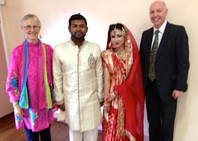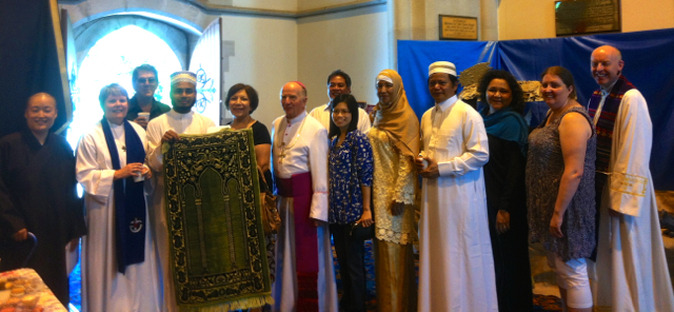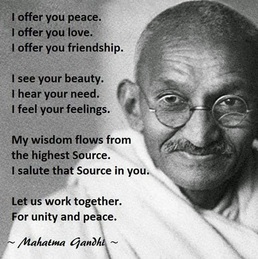It can be very tempting to ‘get back’ at someone whom we perceive to have wronged us or others. What Jesus offers, and Martin Luther-King took up, is a new standard; a positive approach; a non-violent way to proceed even in situations of great oppression and violence...




 RSS Feed
RSS Feed